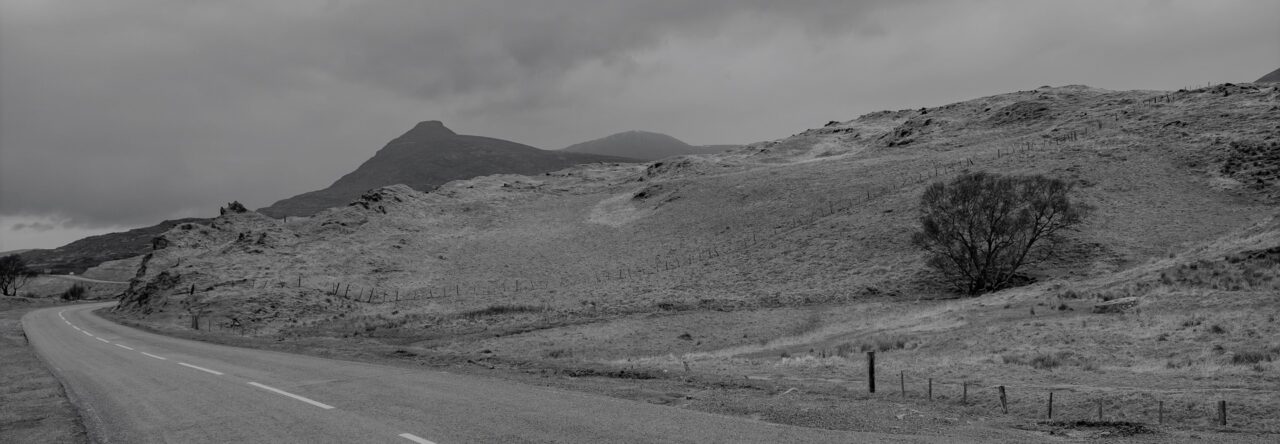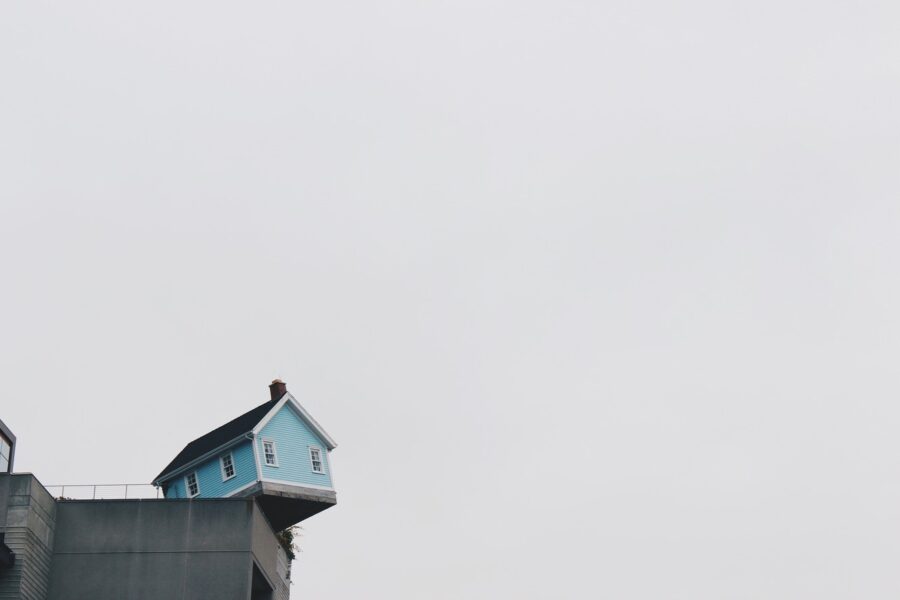The Suicide Cultures team was invited to present at the Scottish Government’s Time Space Compassion event in March. The Time Space Compassion approach “is about securing better outcomes for people experiencing suicidal crisis. It does this by focusing on people’s experience, human connection and relationships, offering a shared language, resources, and ways to connect and take action together”.
The event brought together people working with and affected by suicide to discuss and develop the approach.
In line with our focus on the social and cultural contexts in which suicide is embedded, I presented some reflections on the relationship between forms of social-political and cultural ‘crisis’, including austerity, the cost of living crisis, transphobia, and suicidal crisis. I asked what the use of the term ‘crisis’ might conceal, particularly in relation to how many people’s experiences of distress and suicidality are bound up with longstanding, slow and more ‘unspectacular’ forms of violence, including being slowly ground down by unfeeling or uncompassionate structures, day by day.
Drawing on the idea of “creating a radically different cultural landscape”, as highlighted in the Time Space Compassion report, my presentation focused on some examples from ongoing ethnography with a community-based organisation, which I have pseudonymised as In the Open. In the Open provides support for people with enduring mental health challenges, through what I argued is a socially compassionate approach.
This included examples of:
- forms of accompaniment offered by In the Open staff, though which they support people to access health and other forms of care
- how In the Open operates as a space of inclusion and belonging for people who, for various reasons, are socially excluded and may even be positioned by other institutions and social structures as ‘burdensome’
- how the long-term nature of the support that In the Open offers allows for the development of supportive, caring and trusting relationships between the members of the group, as well as with staff members
I also shared an example of the systematic denial of compassion to certain people, based on our analysis of the Fatal Accident and Sudden Deaths Inquiries (FAIs) of deaths by suicide that occur in Scottish prisons. My presentation reflected on how in these reports, many people who have died by suicide in prison are constructed as ‘difficult’, ‘non-compliant’ and ultimately ‘unhelpable’. I argued that many of these inquiries fail to engage with the broader uncompassionate environment of the prison and how this contributes to people’s distress and even death.
My presentation ended by asking people to think about and share examples of other socially compassionate or uncompassionate spaces and how these may be related to suicide or suicide prevention. This was taken up in smaller group discussions following my presentation.
Later in the day, I was in conversation with Haylis Smith, discussing the Time Space Compassion approach:


